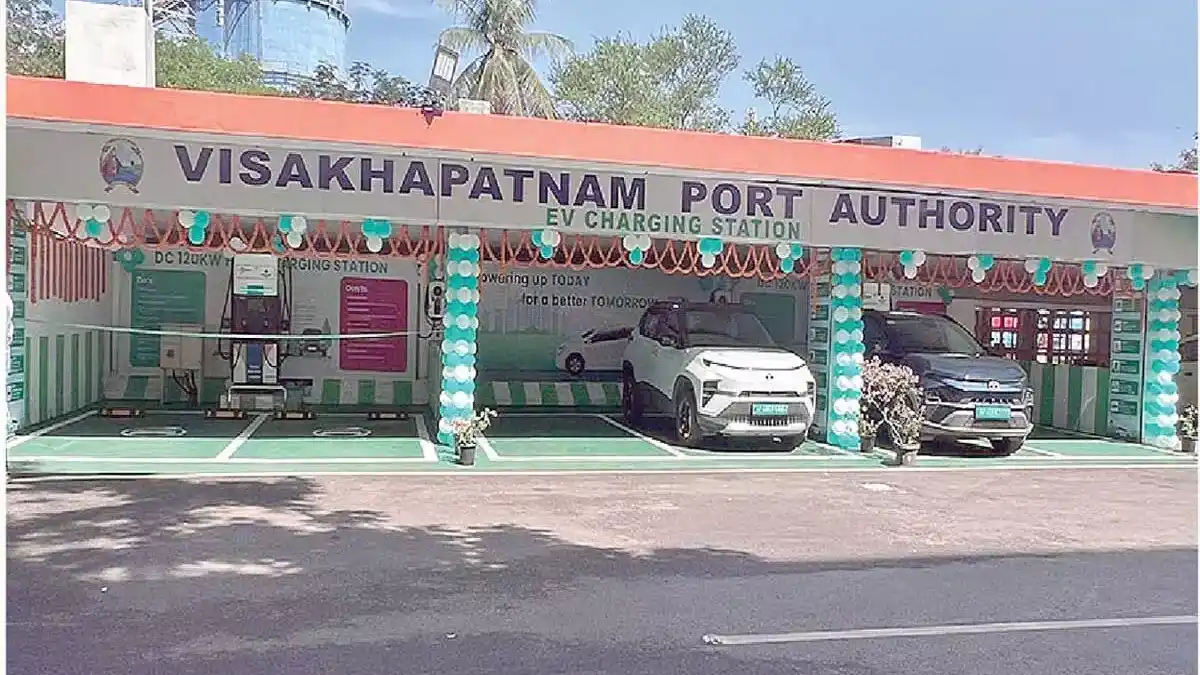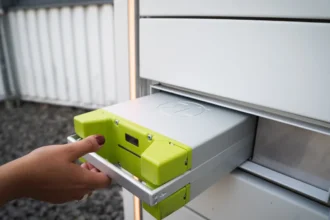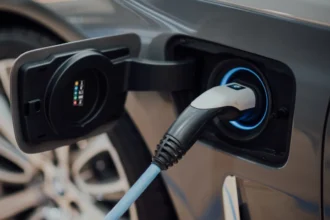Have you ever wondered how India’s massive ports can become more environmentally friendly? The answer arrived this Tuesday at Visakhapatnam Port Authority, where a groundbreaking development took place.
According to The Hans India, M. Angamuthu, who leads the Visakhapatnam Port Authority, officially opened new electric vehicle charging stations right inside the port’s main office building.
What This Really Means for You
This installation represents something much bigger than just adding charging points. The port authority installed four different charging stations that can power up to six electric vehicles at the same time. These stations follow the government’s Harit Sagar guidelines, which is India’s plan to make all ports cleaner and greener.
Think of it as a blueprint for environmental responsibility in India’s maritime industry, helping reduce the massive carbon footprint of port operations.
Understanding the Charging Technology
| Charging Type | How It Works | Speed & Use |
|---|---|---|
| DC Fast Charging | Converts electricity inside the charger itself, like having a powerful converter built right in | Charges from 10% to 80% in just 18 minutes – perfect for quick stops |
| AC Charging | Uses the car’s own converter to change electricity type, like letting your vehicle do the work | Much slower charging but cheaper to install – ideal for overnight parking |
Why This Matters for India’s Future
The Visakhapatnam Port Authority’s move supports India’s ambitious green energy targets by creating sustainable transport infrastructure where it’s needed most. Ports handle enormous amounts of cargo and vehicle traffic daily, making them critical locations for environmental change.
When Angamuthu emphasized “embracing clean technologies,” he highlighted how major infrastructure players must lead by example in environmental responsibility, setting the stage for nationwide adoption.
Looking Ahead
This development signals that India’s maritime sector is seriously committed to environmental transformation. As more ports follow Visakhapatnam’s example, we’ll likely see accelerated adoption of electric vehicles in commercial transportation.
Will other major Indian ports now feel pressure to install similar green infrastructure to meet national decarbonization goals? The answer will shape India’s sustainable future.











